South Africa is rich in culture and diversity, making it a hub for different languages. It is one of the countries in the world with the most official languages, ranking it 3rd, with 11 official languages. These are the languages Isizulu, IsiXhosa, IsiNdebele, Northern Sotho (also known as Sesotho sa Leboa), Setswana, Sesotho, Xistonga, Tshivenda, Afrikaans, English and Siswati. Isizulu is the most spoken language in South Africa, and most South Africans are able to speak or understand at least three languages.
During apartheid, South Africa used to have three official languages: Dutch, English and Afrikaans. This wasn’t an accurate representation of the indigenous South African population, as 80% of the African languages spoken by the people were ignored. In 1996 the South African constitution was re-written, giving precedence to the major languages in South Africa. Below is an introduction to the 11 official languages of South Africa, in which area they are spoken the most, the percentage of people speaking that language, how it became an official language and a simple greeting in the language.
The 11 Official Languages of South Africa

-
IsiZulu
Isizulu is also referred to as Zulu. It is the most spoken language in South Africa, with about 22% of people able to speak the language. Earning it an official language status. It is mostly spoken in the KwaZulu-Natal province and is considered a Nguni language, next to IsiXhosa, IsiNdebele and Siswati. ‘Sawubona’ (singular) or ‘Sanibonani’ (Plural) is how you greet people in Isizulu.
-
IsiXhosa
Isixhosa is the next official language of South Africa, it is mostly spoken in the Eastern Cape province. And has an official language status because it is the second most spoken language in South Africa next to IsiZulu. About 16% of people are able to speak IsiXhosa in South Africa. ‘Molo’ (singular) and ‘Molweni’ (plural) is how you greet people in IsiXhosa. It also belongs to the Nguni group of languages, just like Isizulu, Siswati and Isindebele.
-
Afrikaans
Afrikaans is the third most spoken language out of the 11 official languages of South Africa. It is spoken by 13.5 % of the population, earning it an official language badge. And It developed from the Dutch dialect, that came into South Africa when the Dutch colonised the Cape of Good Hope in the 17th century. Majority of Afrikaans speakers live in the Northern and Western Cape provinces.
-
English
English is another of the 11 official languages of South Africa. It is the fourth most spoken language with about 9.6 % of people able to speak the language. English is a prominent language in the media, business and government. It has been an official language since 1910 and kept its official status since then. And mostly spoken in the Western Cape and Gauteng provinces.
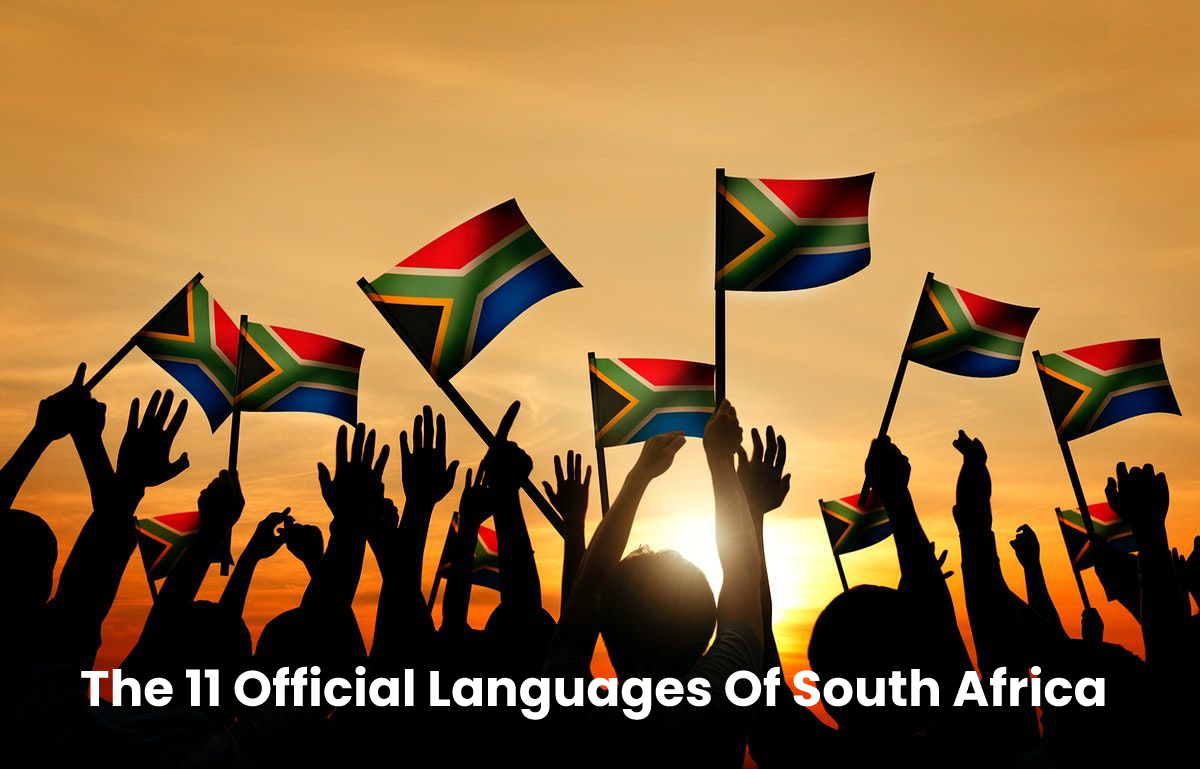
-
Northern Sotho (Sesotho sa Leboa)
Northern Sotho comes next as one of the 11 official languages of South Africa. Also known as Sesotho sa Leboa and was formed using the Sepedi dialect. It is the 5th most spoken language in the country, with 9.1% of the population able to speak the language ⧿ putting it high-up as an official language. Most Northern Sotho-speaking people live in Limpopo province. Northern Sotho is part of the Sotho-Tswana sub-group languages, next to Setswana and Sesotho. ‘Dumela’ (singular) and ‘Dumelang’ (plural) is how you greet in Northern Sotho.
-
Setswana
Setswana also referred to as Tswana, is the 6th most spoken official language of South Africa. 8% of the population speak the language and are mostly situated in the North West province. It shares a dialect with Sepedi and belongs to the Sotho-Tswana sub-group languages. You say ‘Dumela’ (singular) or ‘Dumelang’ (Plural) when you greet in Setswana.
-
Sesotho
Sesotho is mostly spoken in the Free State province and also referred to as Southern Sotho. 7.6% of people speak Sesotho in South Africa, making it a part of the 11 official languages. It is part of the Sotho-Tswana sub-group languages, next to Setwana and Northern Sotho. You say ‘Dumela’ (singular) or ‘Dumelang’ (Plural) as a way of greeting in Sesotho.
-
Xitsonga
Xitsonga is another of the 11 official languages of South Africa. The language is mostly spoken in Limpopo province, and most people who speak it are situated in the northeastern border of South Africa near Mozambique. 4.5% of people speak Xitsonga in South Africa. It belongs within the Nguni-Tsonga sub-group languages, next IsiXhosa, IsiNdebele, Isizulu and Siswati. And considered part of the Tswa-Ronga group and is the only language in that sub-group. While the other languages (Isixhosa, Isizulu, Isindebele and Siswati) are just categorised as Nguni. ‘Xewani’ in how you say hello in Xitsonga.
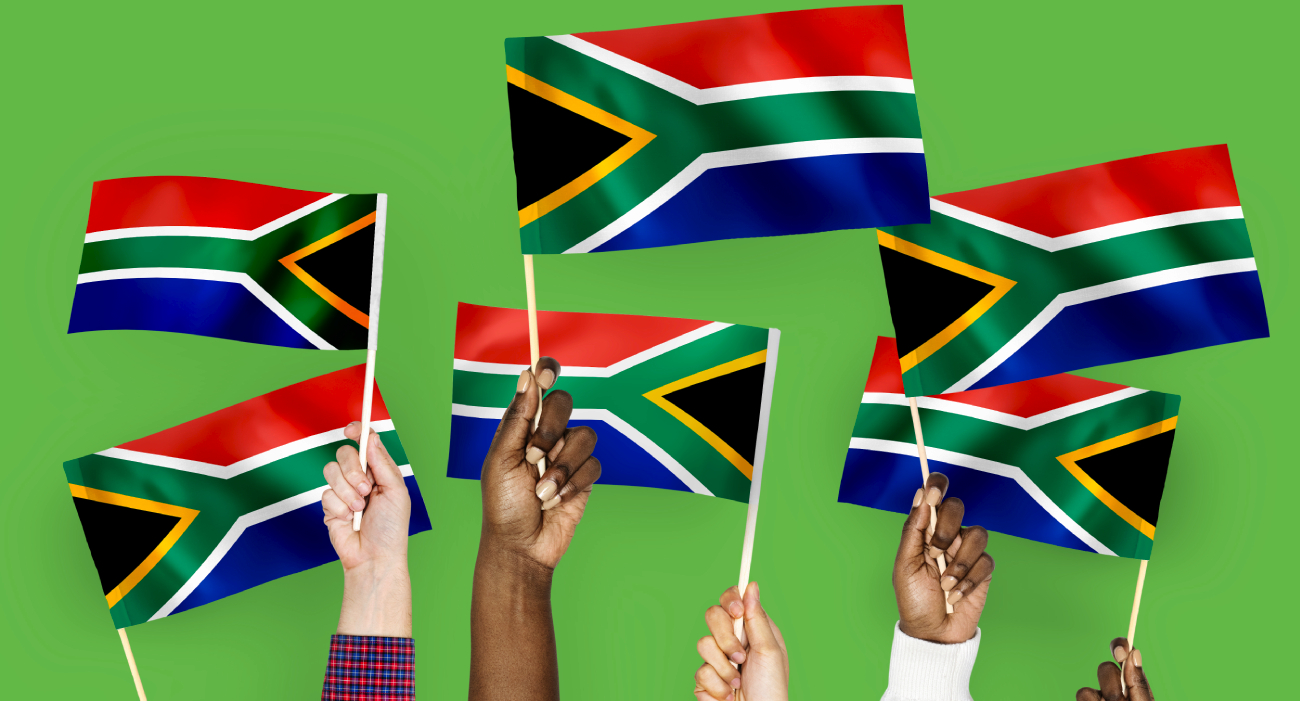
-
Siswati
Siswati is the next official language of South Africa. It belongs to Nguni sub-group languages, next to Isizulu, IsiXhosa and IsiNdebele. Most speakers of Seswati live in Mpumalanga province. Only 2.5% of the population speak Seswati. You say ‘Sawubona’ when you greet someone in Seswati,
-
Tshivenda
Tshivenda is the next official language of South Africa. It is known as a lone language as it is the only language that falls under the Sotho-Makau-Venda sub-group language but is not categorised under the Sothosub- group. And only spoken by 2.4% of the population and mostly spoken in Limpopo province. How you greet people in Tshivenda depends on what gender you are females say ‘Aa’ and males say ‘Nda’.
-
Ndebele
Ndebele is the least spoken of the 11 official languages of South Africa. It is spoken by only 2% of the population and most people who speak the language reside in Mpumalanga and Gauteng provinces. It is part of the Nguni sub-group languages, next to Isizulu, Isixhosa and Siswati. And also known as Southern Ndebele and often confused with Northern Ndebele (Matabele), which is similar to Isizulu and is an official language in Zimbabwe. You say ‘Lotjhani’ or ‘Salibonani’ when you greet people in Ndebele.
Zulu Translation and Interpretation Services
Isizulu Translation Services provides precise translations and interpretations. We have translators and interpreters who are fluent in all 11 of the official languages. Our translators and interpreters are able to translate your documents and interpret them for you. We are familiar with the background of all official South African languages, including how they differ from one another and how they are related. Isizulu Translation and Interpretation services supply you with linguists who are fluent in the language you need translated or interpreted and are familiar with Bantu and Nguni dialects. Our translators and interpreters will provide you with the best services possible that are of the highest calibre and satisfy your needs. Contact us at 012 348 3134 for the best translation and interpretation services in any of the official South African languages, or send an email to info@zulutranslation.co.za. We’ll be pleased to help.
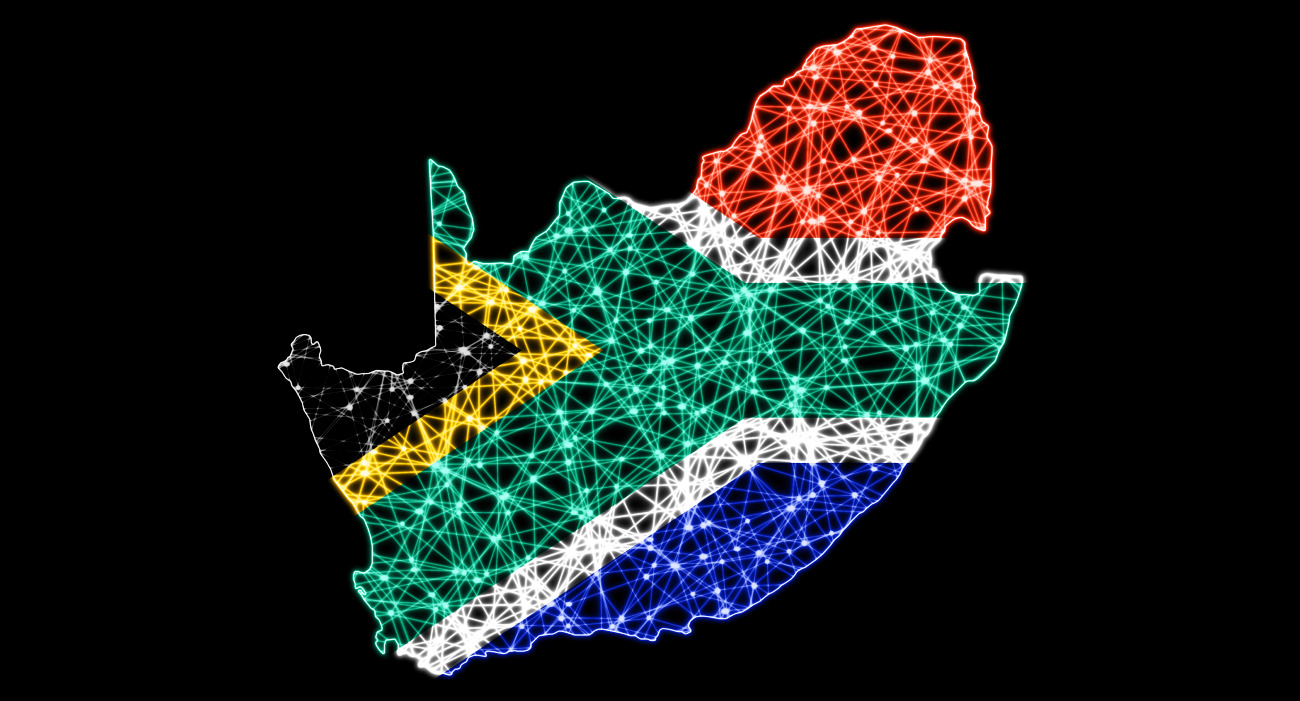

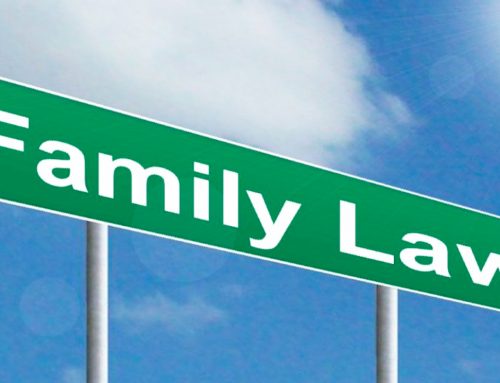
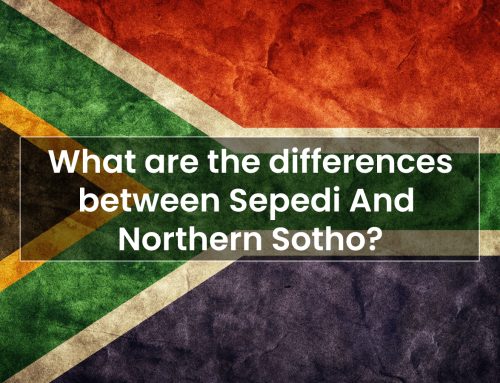

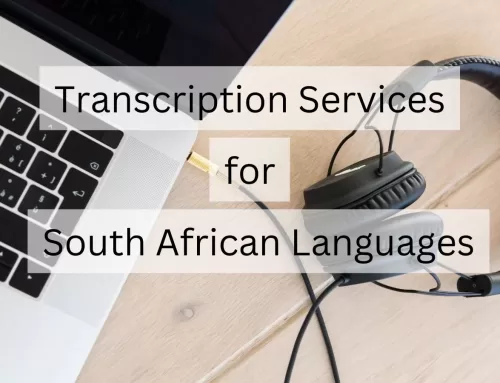
Leave A Comment